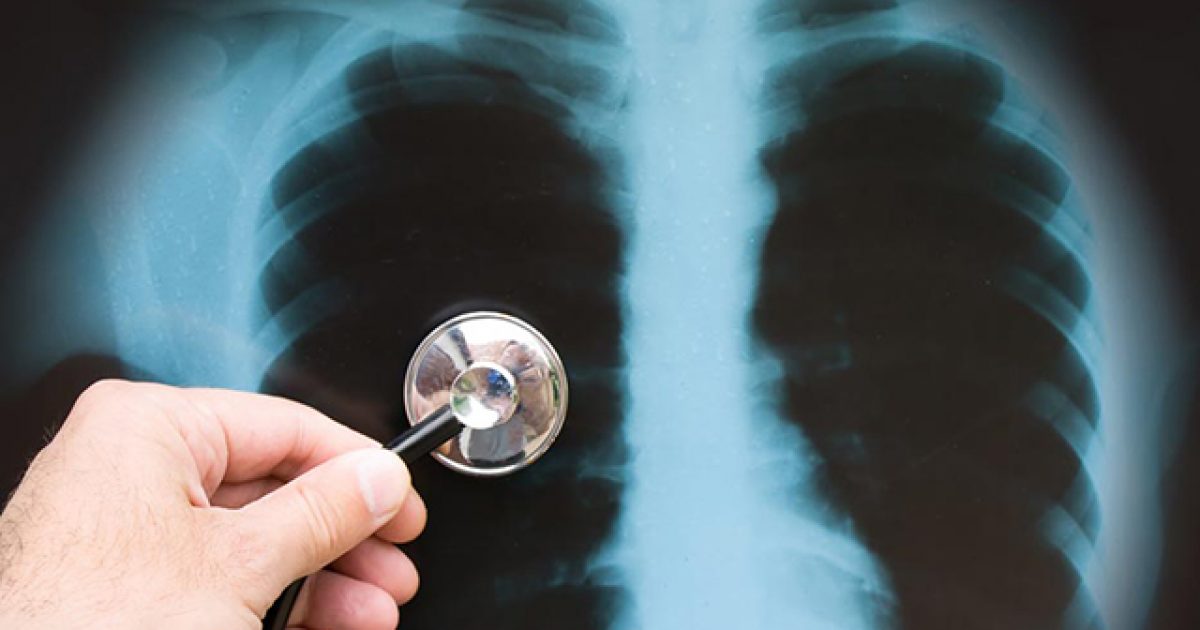Pneumonia Overview
How often have you walked into an old age home and heard the nurse saying “shame that lady has pneumonia” and on the other side of the spectrum in children’s hospitals the nurse says “that newborn baby has pneumonia and is on a ventilator that is supplying oxygen helping the baby to breathe.” What is pneumonia? The simple answer is the onset of pneumonia is an infection that can be caused by inhaling liquid, dust, food, gas and by various fungi.
What Is Pneumonia?

Pneumonia is an infection that can affect one or both lungs, which can be caused by bacteria, fungi or viruses. It causes inflammation in the lung air sacs that fill with fluid or pus causing breathing difficulties. Depending on the severity, symptoms can range from mild to life threatening. Factors such as age, overall health, the type of inflammation and the organism causing the infection are important.
Major types of pneumonia include bacterial which can develop after a serious colds or flu, viral usually caused by respiratory viruses, and mycoplasma, which is not bacteria or virus related, causes mild onsets of pneumonia in older children and young adults. No person is immune to pneumonia.
Who Is Most At Risk?

Stroke and bedridden patients are high risk. Infants from birth to the age of two and individuals from the age of 65 or older are more susceptible. The increased risk of pneumonia in people with weak immune systems include people with cancer, AIDS, HIV, those on chemotherapy and steroids. Drug abuse, smoking and excessive alcohol consumption raises the risk factors for pneumonia.
Continue reading to learn the symptoms one could expect when suffering with pneumonia.
What Are The Symptoms Of Pneumonia?

Symptoms of pneumonia can develop quickly and may include fever, chills, aching muscles, chest pain, dry cough, wheezing, nausea and vomiting. People may experience fatigue, rapid breathing and rapid heartbeat and experience breathing difficulties. Should you experience symptoms such as blood in the sputum, very high fever, confusion, a blushed skin tone, difficulty breathing and rapid heartbeat, seek immediate medical attention.
How Is Pneumonia Diagnosed?

Due to pneumonia often resembling flu or a cold, it is often not diagnosed early. However, symptoms are more severe and pneumonia lasts longer than conditions such as flu and colds. Doctors will carry out a detailed history that includes signs and symptoms.
The most common ways to diagnose pneumonia include the doctor listening to the sound of the patient's lungs with a stethoscope, a chest X-ray, blood tests, and CT scans.
How Is Pneumonia Treated?

Treatment prescribed will depend on the type and severity. In most instances, fungal and bacterial pneumonia can be treated at home. A typical treatment protocol includes a chest x-ray and prescribed antibiotic medications. Most people will improve after two to three days of treatment. However, viral pneumonia is treated with antiviral drugs as viral pneumonia is resistant to antibiotics. In most cases symptoms resolve within a week or two.
Pneumonia can be fatal in around 30 percent of severe cases, and should not be treated off the internet. People experiencing the above mention symptoms should consult with a healthcare professional immediately.